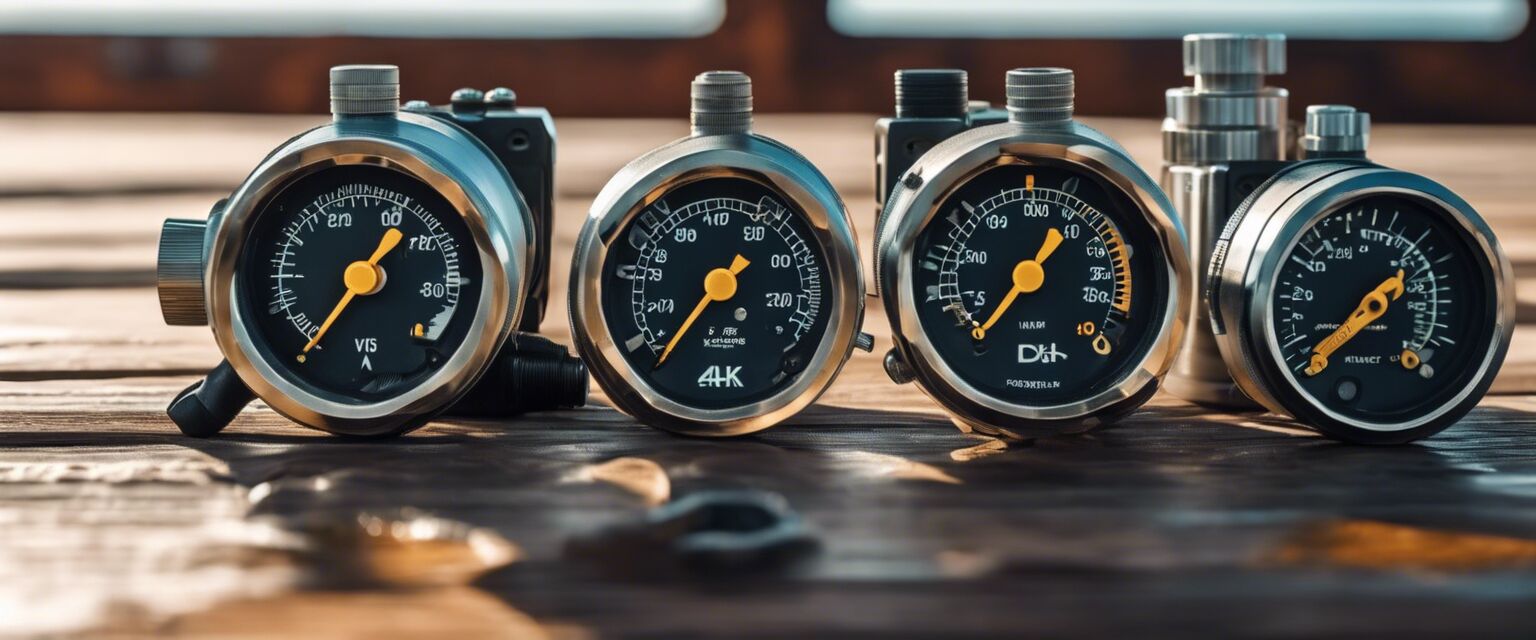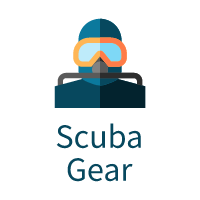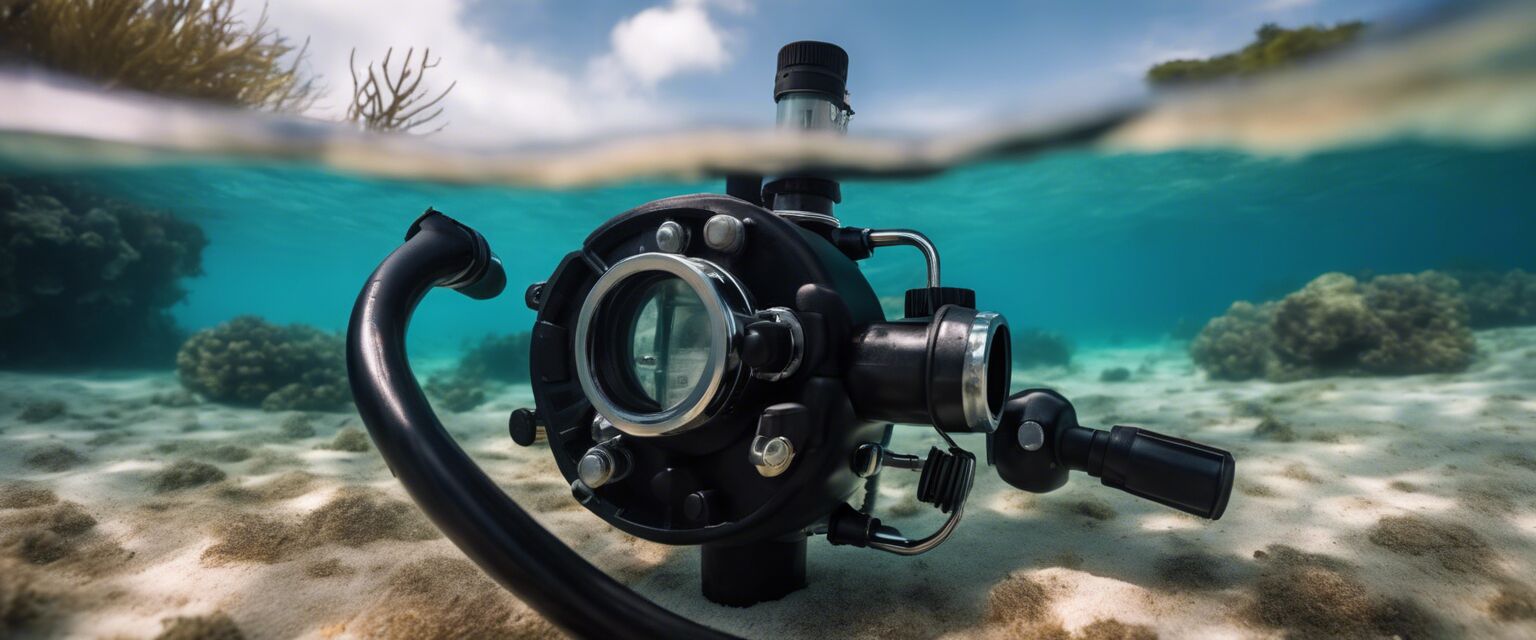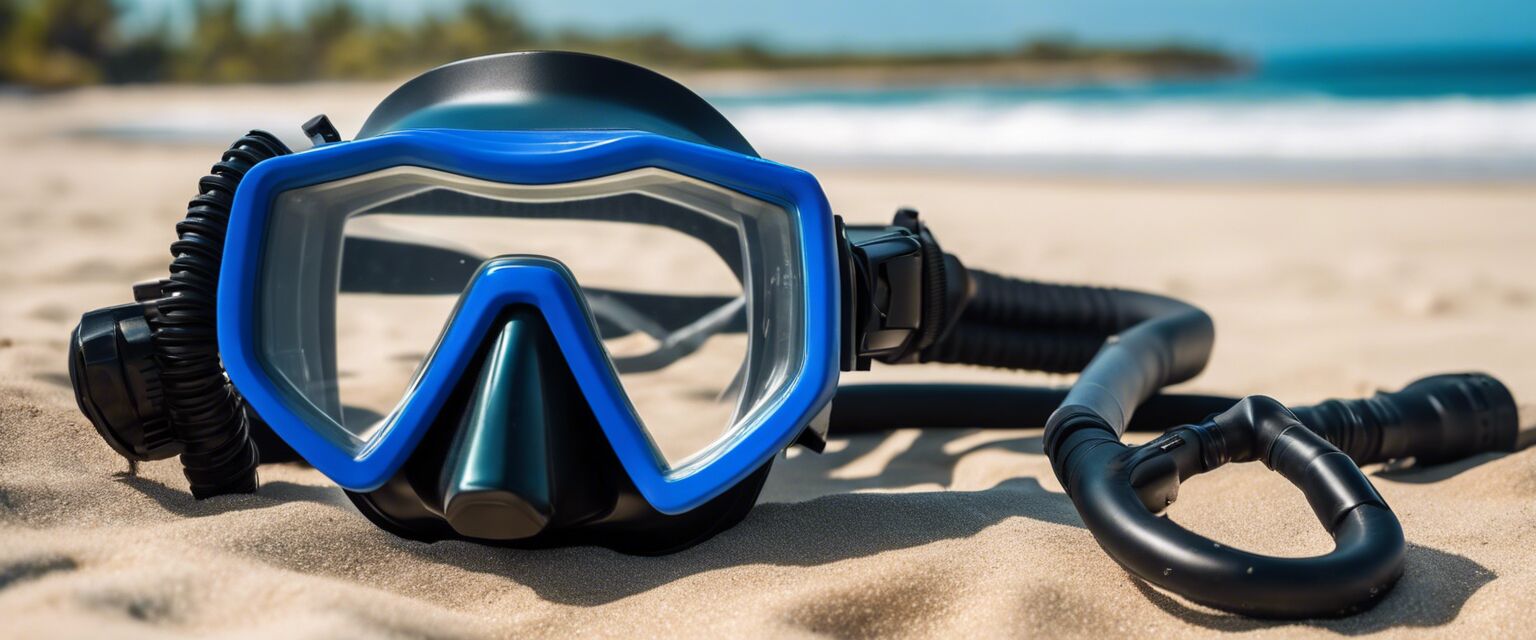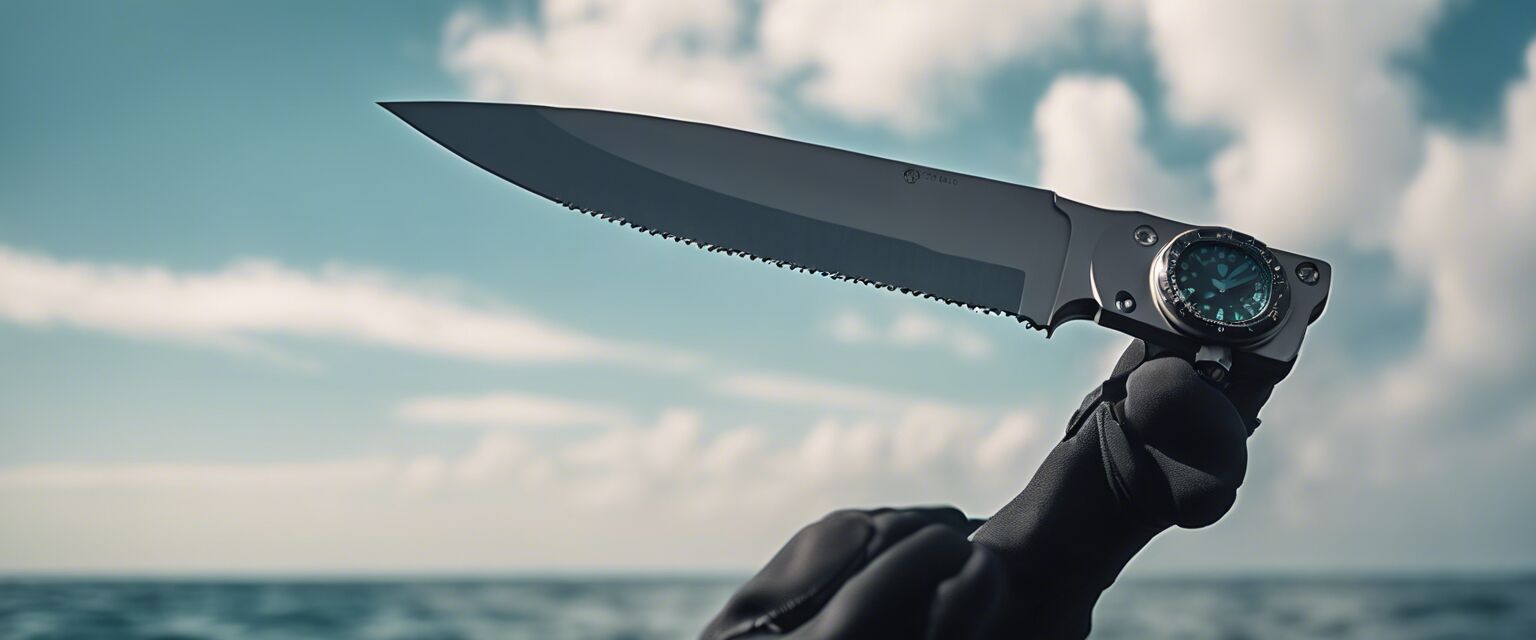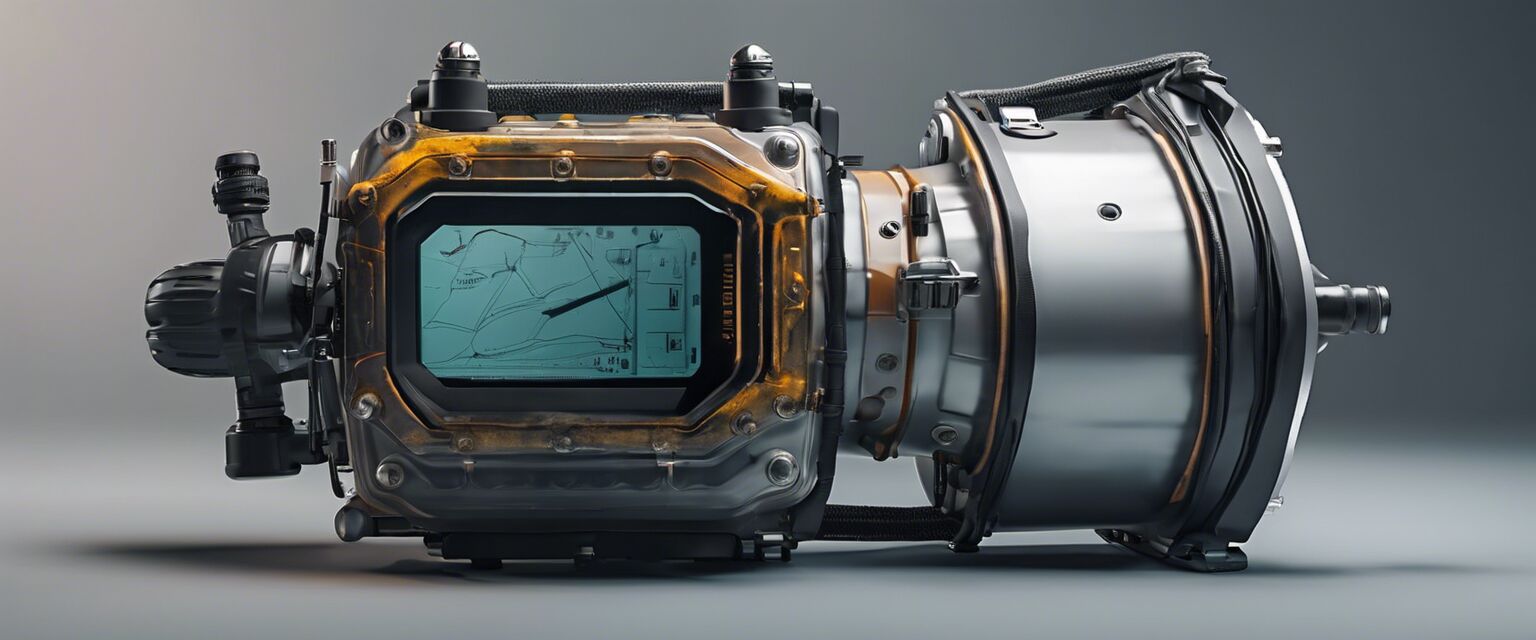
Diving Computers & Gauges
As a scuba diver, having accurate readings is crucial to ensure a safe and enjoyable dive. Diving computers and gauges play a vital role in providing you with the necessary information to make informed decisions during your dive. In this article, we'll explore the importance of diving computers and gauges, their key features, and what to look for when choosing the right one for your needs.
Key Takeaways
- Diving computers provide accurate depth and time readings, reducing the risk of decompression sickness.
- Gauges offer a more traditional approach to tracking dive data, but require manual calculations.
- When choosing a diving computer or gauge, consider factors such as accuracy, ease of use, and durability.
What is a Diving Computer?
A diving computer is a device that tracks and calculates your dive data, providing you with real-time information on your depth, time, and ascent rate. This information is used to prevent decompression sickness, a serious condition that can occur when a diver surfaces too quickly.
| Feature | Diving Computer | Gauge |
|---|---|---|
| Accuracy | Highly accurate, automatic calculations | Manual calculations required, prone to human error |
| Ease of Use | Simple and intuitive, minimal training required | Requires manual calculations and monitoring, more complex to use |
| Cost | Generally more expensive than gauges | Less expensive than diving computers |
What is a Dive Gauge?
A dive gauge is a traditional device used to track dive data, including depth, time, and pressure. Gauges require manual calculations and monitoring, making them a more complex option compared to diving computers.

Key Features to Consider
When choosing a diving computer or gauge, there are several key features to consider:
- Accuracy: Look for devices with high accuracy ratings to ensure reliable readings.
- Ease of Use: Consider devices with simple and intuitive interfaces to reduce the risk of human error.
- Durability: Choose devices with durable construction and water resistance to withstand the harsh underwater environment.
- Battery Life: Consider devices with long battery life to ensure you don't run out of power during a dive.
Choosing the Right Device for Your Needs
When deciding between a diving computer and a gauge, consider your level of experience, the type of diving you'll be doing, and your personal preferences. If you're a beginner, a diving computer may be a better option due to its ease of use and high accuracy. If you're an experienced diver who prefers a more traditional approach, a gauge may be the better choice.
Regardless of which device you choose, make sure to follow the manufacturer's instructions and guidelines for use.
Pros of Diving Computers
- Highly accurate readings
- Easy to use and intuitive interface
- Reduces the risk of decompression sickness
Cons of Diving Computers
- Generally more expensive than gauges
- May require more maintenance than gauges
Conclusion
In conclusion, diving computers and gauges are essential tools for any scuba diver. By understanding the key features and benefits of each device, you can make an informed decision about which one is right for you. Remember to always follow safe diving practices and guidelines to ensure a safe and enjoyable dive.
Ready to explore more scuba gear options? Check out our Buoyancy Compensators and Diving Fins pages for more information.

